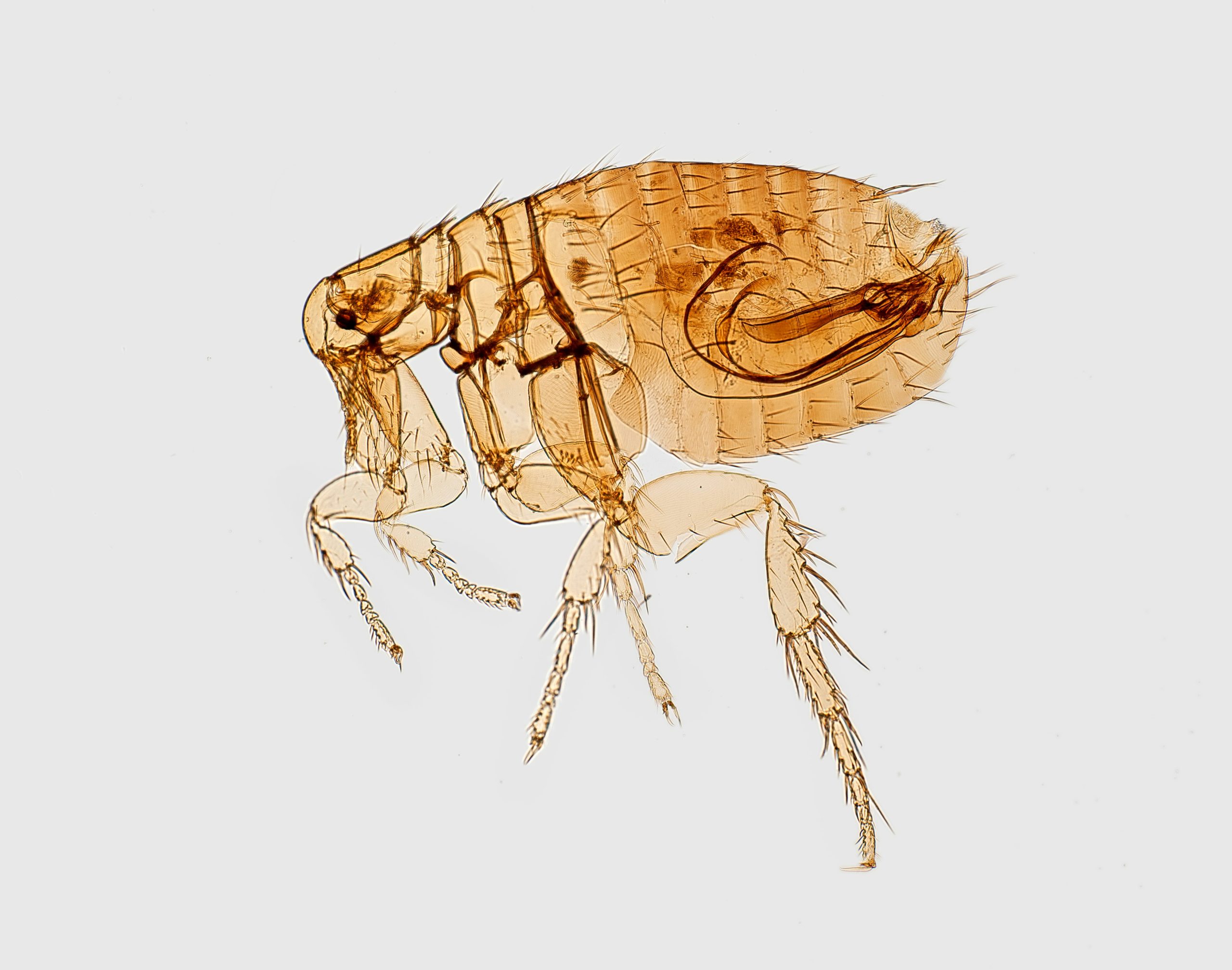Fleas can be a nuisance, not just to our pets but also to us, as they can transmit certain pathogens and cause discomfort. When faced with a flea infestation, pet owners often seek out various methods to eradicate these tiny pests. One such method that has gained attention is using baking soda. But does baking soda kill fleas?
In this blog post, we’ll explore this question and the effectiveness of using baking soda and other natural alternatives as a flea control home remedy.
Does Baking Soda Kill Fleas?
Baking soda has been used as a natural remedy for flea control due to its supposed ability to dehydrate fleas by drawing out moisture from their bodies. However, scientific evidence supporting this claim is lacking. While baking soda may help in controlling fleas in certain circumstances, it is not a standalone solution for eliminating flea infestations.
Does Baking Soda Kill Fleas in Carpets?
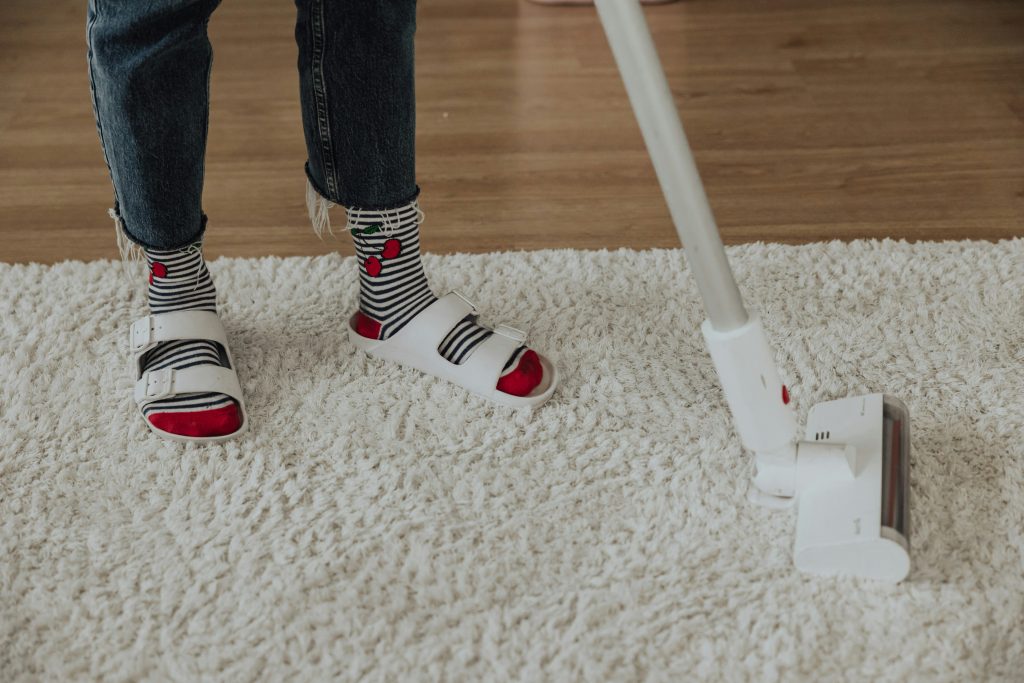
Baking soda is often recommended for use on carpets to control fleas. It is believed that sprinkling baking soda on carpets and vacuuming it up can help in removing fleas. However, the effectiveness of this method is questionable, as baking soda may not penetrate deep enough to reach flea larvae and eggs embedded within the carpet fibers.
Does Baking Soda Kill Fleas on Couches?
Similarly, using baking soda on couches to kill fleas may not yield significant results. While it may help in absorbing odors, its ability to eliminate fleas is limited, especially if the infestation is severe.
Does Baking Soda Kill Fleas on Mattresses?
Baking soda can also be applied to mattresses in an attempt to control fleas. However, like with carpets and couches, its efficacy in killing fleas on mattresses is uncertain. Fleas can hide in cracks and crevices, making it difficult for baking soda to reach them.
Does Baking Soda Kill Fleas on Dogs?

Using baking soda directly on dogs to kill fleas is not recommended. Baking soda can be abrasive and drying to the skin, potentially causing irritation. Additionally, its effectiveness in killing fleas on dogs is questionable.
Does Baking Soda Kill Fleas on Cats?
Similarly, applying baking soda to cats for flea control may not be effective and can potentially cause skin irritation. It is best to consult with a veterinarian for safe and effective flea control options for cats.
Does Baking Soda and Salt Kill Fleas?
Combining baking soda with salt is sometimes suggested as a flea control remedy. While salt may have some dehydrating properties, there is limited evidence to support its effectiveness in killing fleas when used in conjunction with baking soda.
How to Use Baking Soda and Salt to Kill Fleas
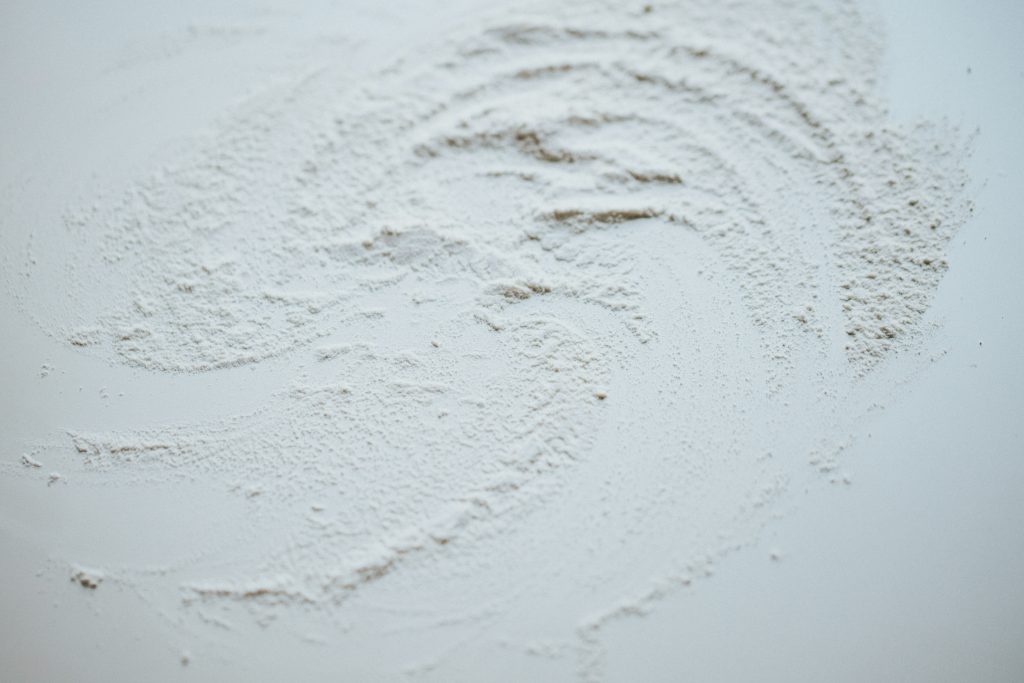
If you’re convinced that baking soda might do the trick, here are some step-by-step instructions on how to use baking soda and salt to kill fleas:
Step 1: Prepare the Mixture
In a bowl, mix equal parts of baking soda and table salt. Ensure that the mixture is well-combined to achieve maximum effectiveness in killing fleas.
Step 2: Apply the Mixture
Sprinkle the baking soda and salt mixture liberally over carpets, rugs, and any other areas where fleas are present or suspected. Focus on areas where pets spend most of their time, as fleas tend to congregate in these areas.
Step 3: Allow it to Settle
Leave the mixture to settle for several hours or overnight. This allows the baking soda and salt to penetrate deep into the carpet fibers and reach fleas, eggs, and larvae hiding within.
Step 4: Vacuum Thoroughly
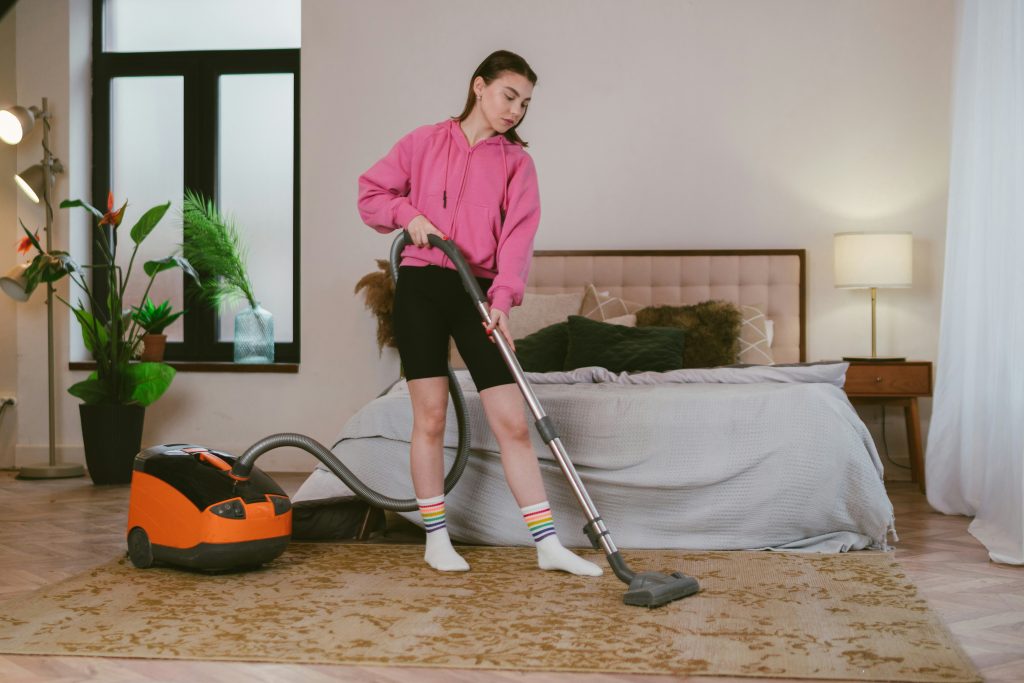
After the designated time has elapsed, thoroughly vacuum the treated areas to remove the baking soda, salt, and dead fleas. Use a vacuum cleaner with strong suction power and ensure to vacuum all surfaces, including carpets, rugs, upholstery, and cracks and crevices where fleas may hide.
Step 5: Dispose of Vacuum Contents
Empty the vacuum cleaner bag or canister containing the collected debris into a sealed plastic bag. Dispose of the bag immediately in an outdoor trash receptacle to prevent any surviving fleas from re-infesting your home.
Step 6: Repeat as Needed
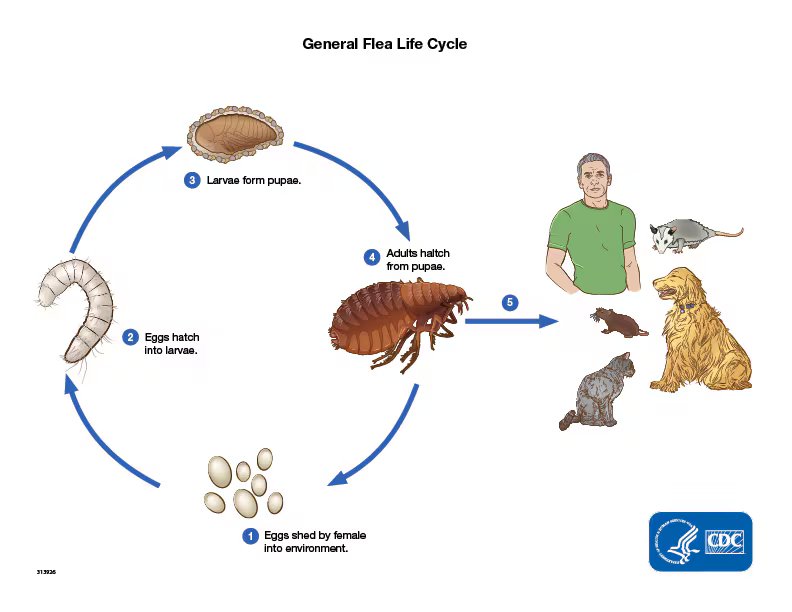
For severe flea infestations, repeat the baking soda and salt treatment every few days to ensure thorough eradication of fleas and prevent their re-emergence. Consistency is key to effectively breaking the flea life cycle.
Step 7: Monitor and Maintain
Continue to monitor your home for signs of fleas and maintain cleanliness to prevent future infestations. Regularly vacuuming, washing pet bedding, and practicing good pet hygiene are essential components of flea control and prevention.
How Long Does It Take Baking Soda to Kill Fleas?
The time it takes for baking soda to kill fleas is variable and depends on various factors, including the severity of the infestation and the environmental conditions. In most cases, baking soda alone may not be sufficient to eliminate fleas entirely.
How Does Baking Soda Kill Fleas?
Baking soda is believed to kill fleas by dehydrating them, causing damage to their bodies. However, its effectiveness in doing so remains uncertain.
How to Get Rid of Fleas
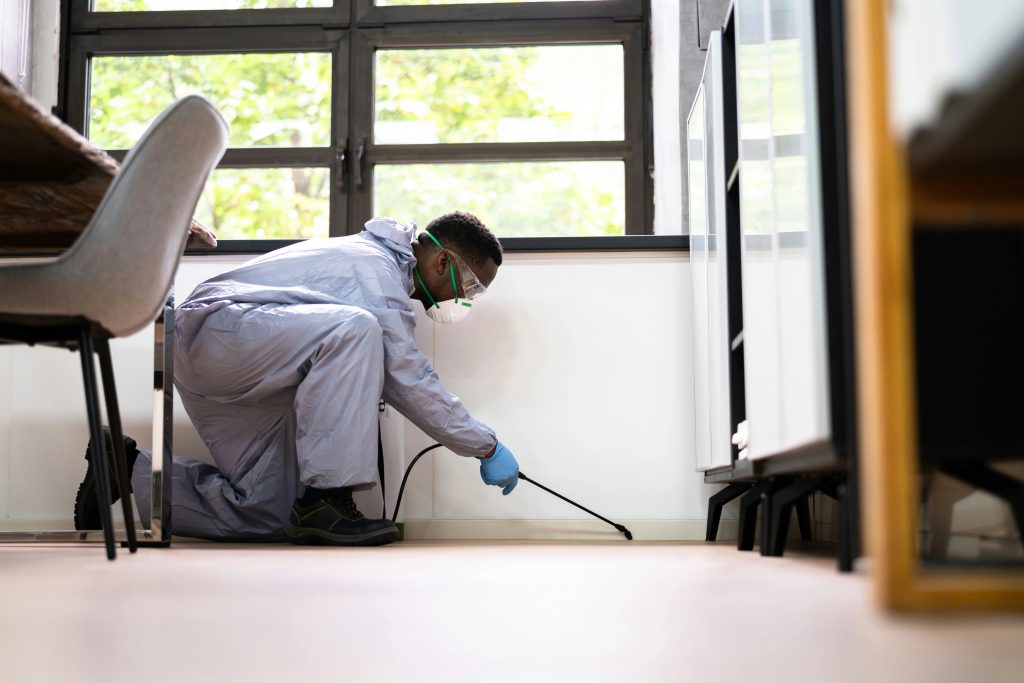
While baking soda may offer some temporary relief from fleas, it is essential to implement a comprehensive flea control program for long-term success. This program should include preventive pest control measures, treatment options, and thorough cleaning of the environment.
Natural Alternatives to Baking Soda
Explore natural alternatives to baking soda and salt for flea control in your home:
- Dish Detergent: Using dish detergent as a flea treatment may offer temporary relief, but it’s not a long-term solution.
- Apple Cider Vinegar: While some claim apple cider vinegar repels fleas, its effectiveness is uncertain.
- Cedar Oil: Although cedar oil may repel fleas, it can cause skin irritation in pets and may not provide comprehensive flea control.
- Diatomaceous Earth: Diatomaceous earth is a natural option for flea control but should be used cautiously as inhaling it can be harmful. Use it sparingly and follow safety guidelines to minimize risks.
Chemical Sprays
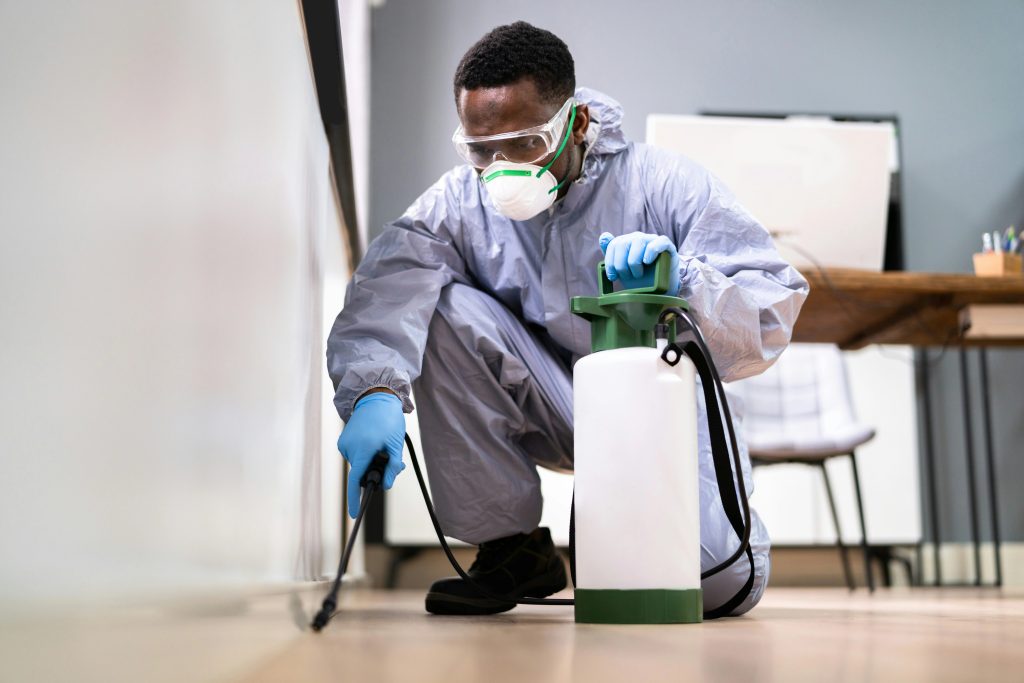
Chemical sprays are commonly used for flea control and can provide effective results in eliminating fleas from your home. These sprays often contain powerful insecticides designed to kill fleas on contact and prevent future infestations. However, it’s important to note that some chemical sprays may contain harsh ingredients that can be harmful to both pets and the environment.
While chemical sprays can be highly effective at killing fleas, they may pose risks to pets if ingested or if they come into contact with the sprayed area before it has dried completely. Additionally, certain chemicals in these sprays may have adverse effects on the environment, contaminating soil and water sources.
Call NaturalCare Pest Control Today
If you’re struggling with a flea infestation and need professional assistance, don’t hesitate to contact NaturalCare Pest Control. Our experienced pest control Houston Texas technicians offer eco-friendly and pet-safe flea control services tailored to your needs.
Final Words on “Does Baking Soda Kill Fleas?”

While baking soda may have some limited utility in flea control, it is not a reliable or comprehensive solution. For effective flea management, it’s essential to consult with pest control experts and implement a multifaceted approach.
Contact NaturalCare Pest Control today to schedule a consultation and take the first step toward a cleaner, healthier home. With our professional services and pest control spray for roaches, you can enjoy peace of mind knowing that your home is protected from these unwanted intruders.
FAQs: Does Baking Soda Kill Fleas?
Does baking soda kill flea eggs?
While baking soda may have some effect on flea eggs, it’s unlikely to completely eradicate an infestation. Other methods, like regular vacuuming and professional treatments, may be necessary.
Can baking soda be used safely around children and pets?
Yes, baking soda is generally safe to use around children and pets. However, caution should be exercised to prevent ingestion or irritation, especially when applied directly to pets.
Are there any risks associated with using baking soda for flea control?
While baking soda is generally safe, there may be risks if ingested or inhaled in large quantities. Additionally, some pets may experience skin irritation from direct contact with baking soda.
Is baking soda effective for preventing future flea infestations?
Baking soda alone may not provide long-term prevention against fleas. It’s best used as part of a comprehensive flea control program that includes preventive measures and regular monitoring.
How often should I apply baking soda to effectively control fleas?
For optimal results, baking soda treatments should be repeated regularly, especially in areas prone to flea infestations. Consult with pest control experts or veterinarians for specific recommendations based on your situation.
Can baking soda be used with other flea control methods?
Yes, baking soda can complement other flea control methods, such as flea treatments for pets and regular cleaning of carpets and furniture. However, it’s essential to follow recommended guidelines and consult with a veterinarian for the best approach.
Does baking soda kill fleas on pets?
Baking soda is not recommended for direct application on pets, as it can be harmful if ingested or irritate their skin.
What is the least toxic flea medicine for dogs?
Pyriproxyfen and s-methoprene are considered less toxic options for flea control in dogs, whereas synthetic neonicotinoids should be avoided due to their potential neurotoxicity.

